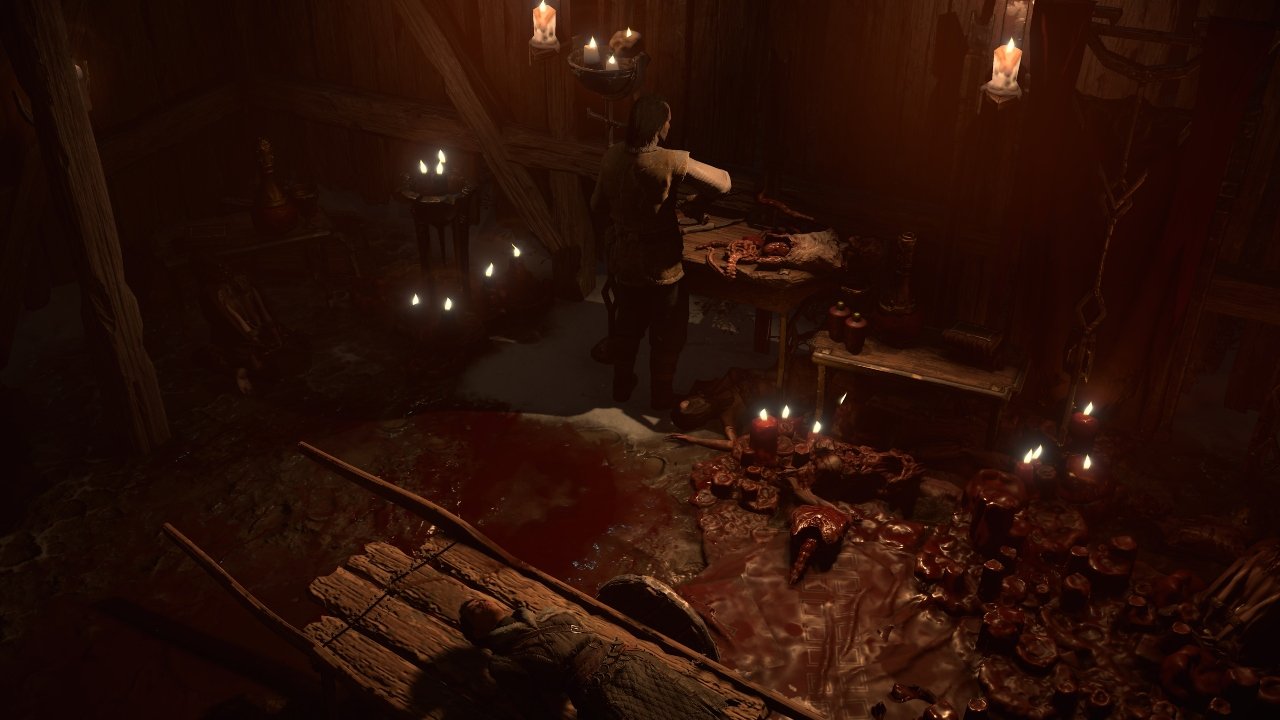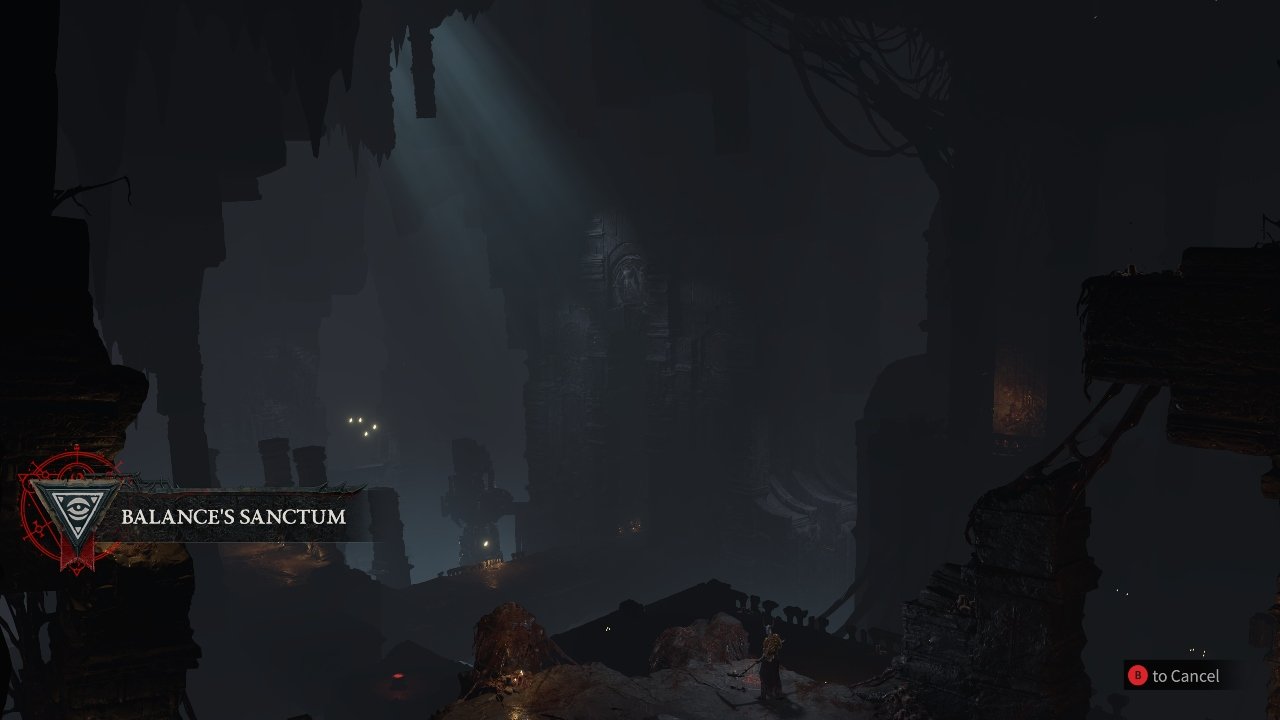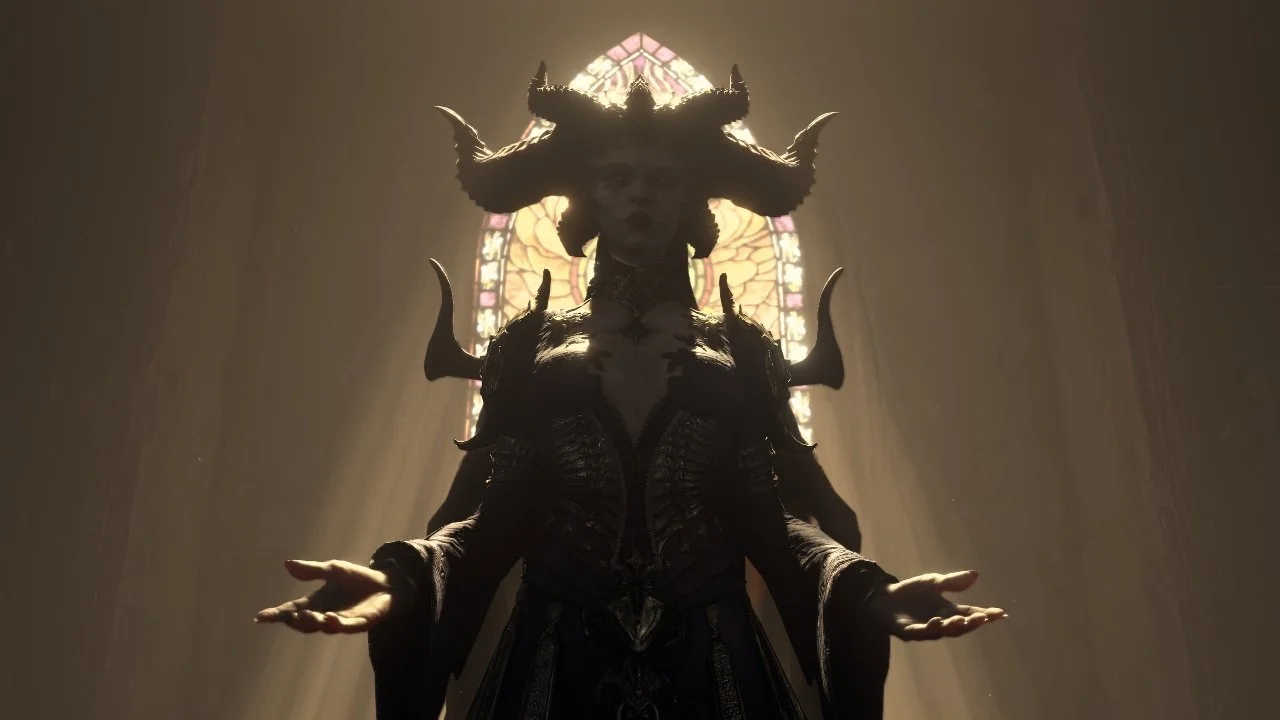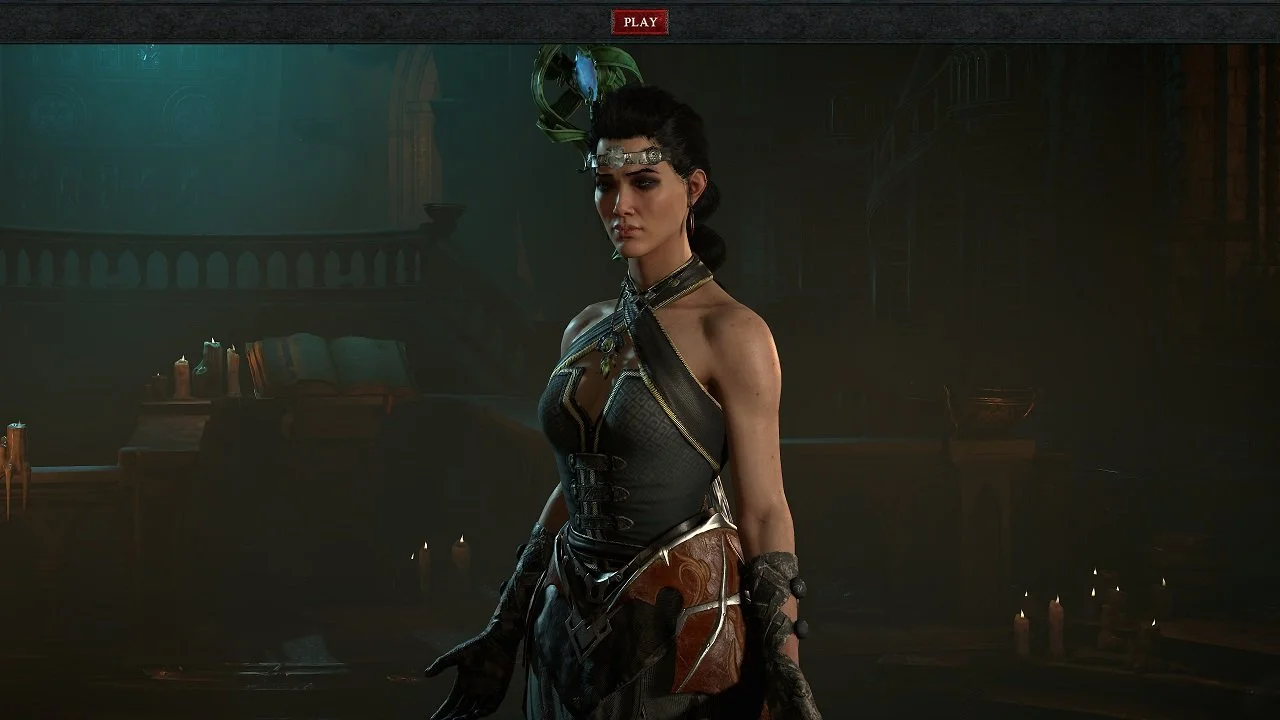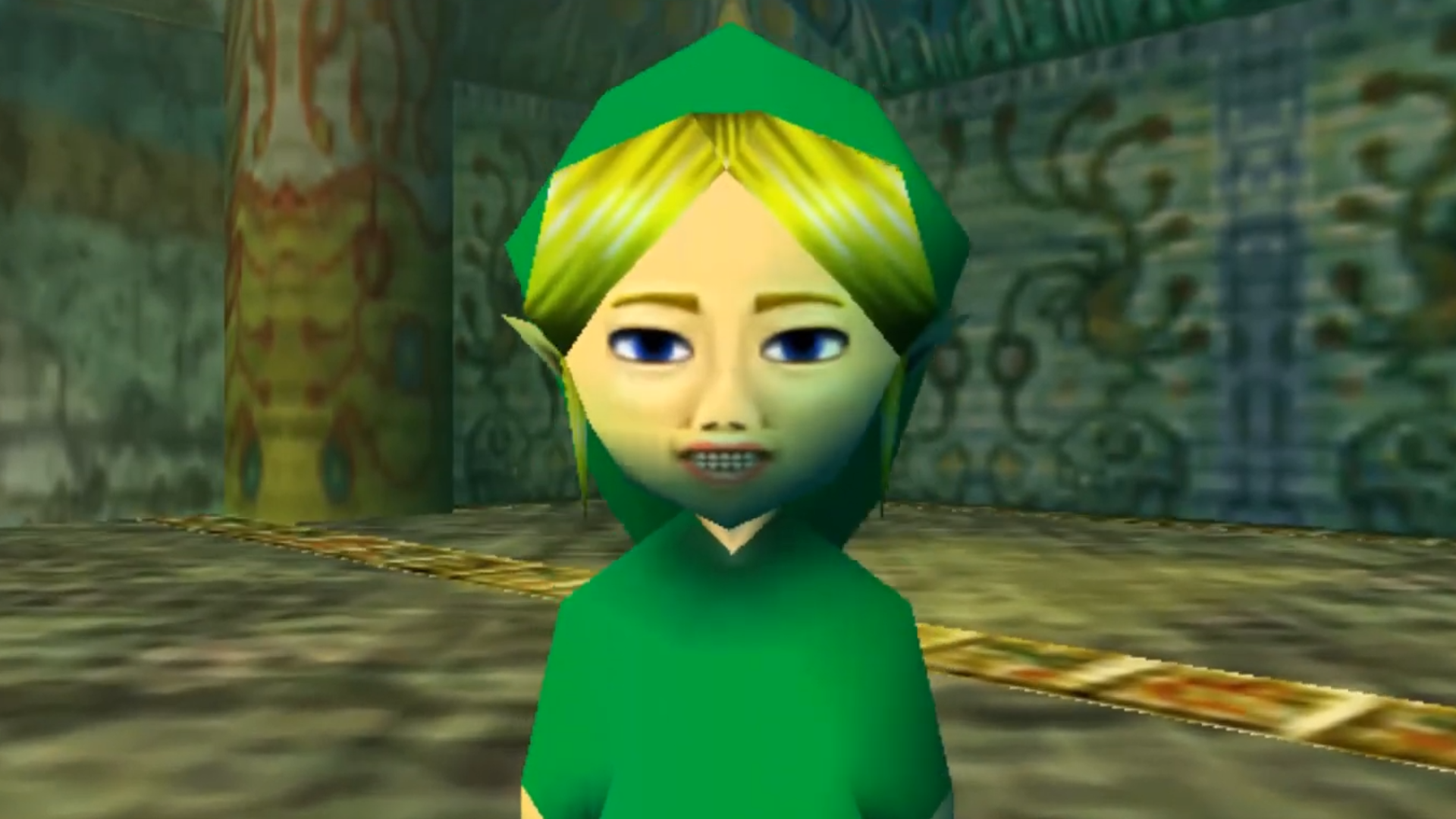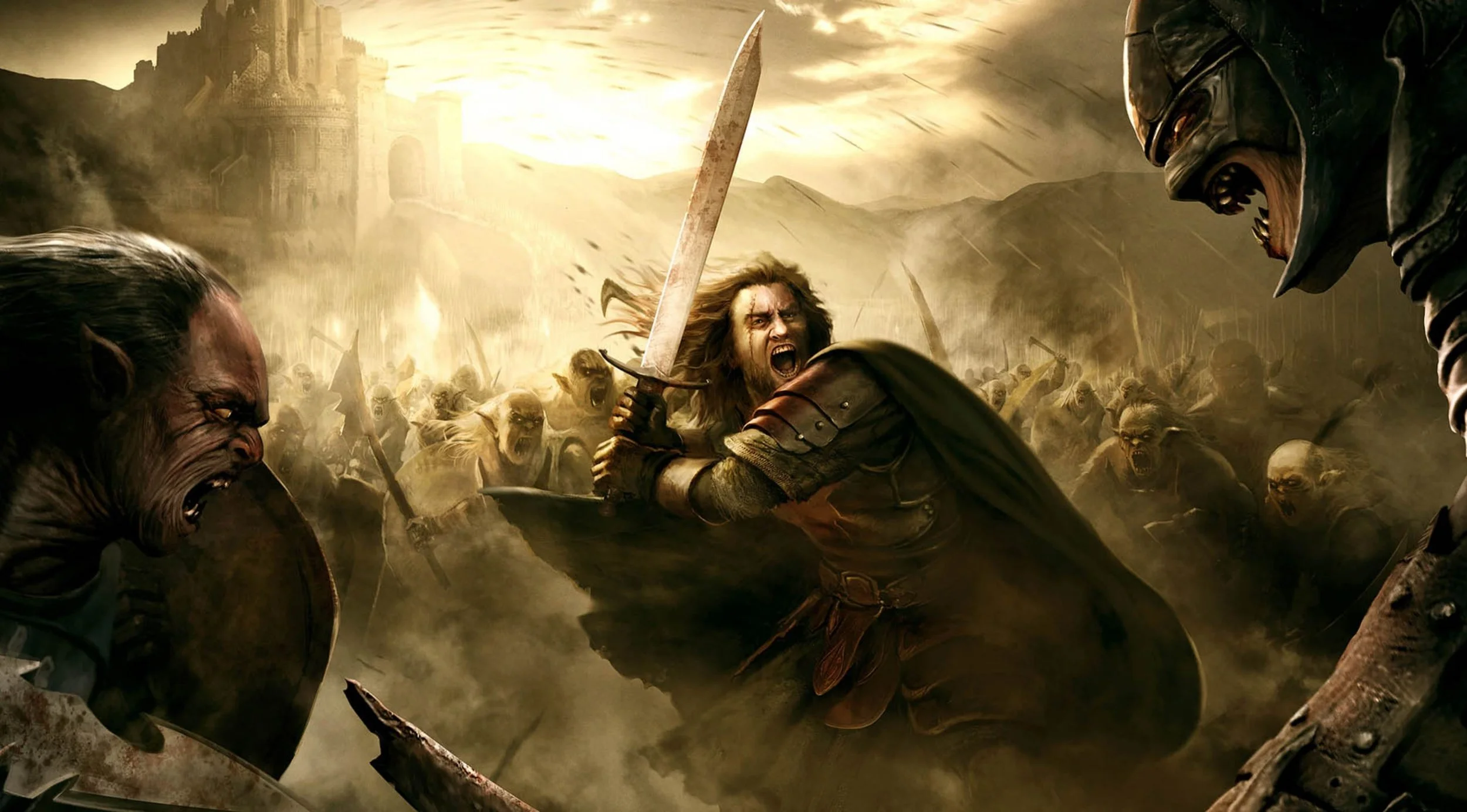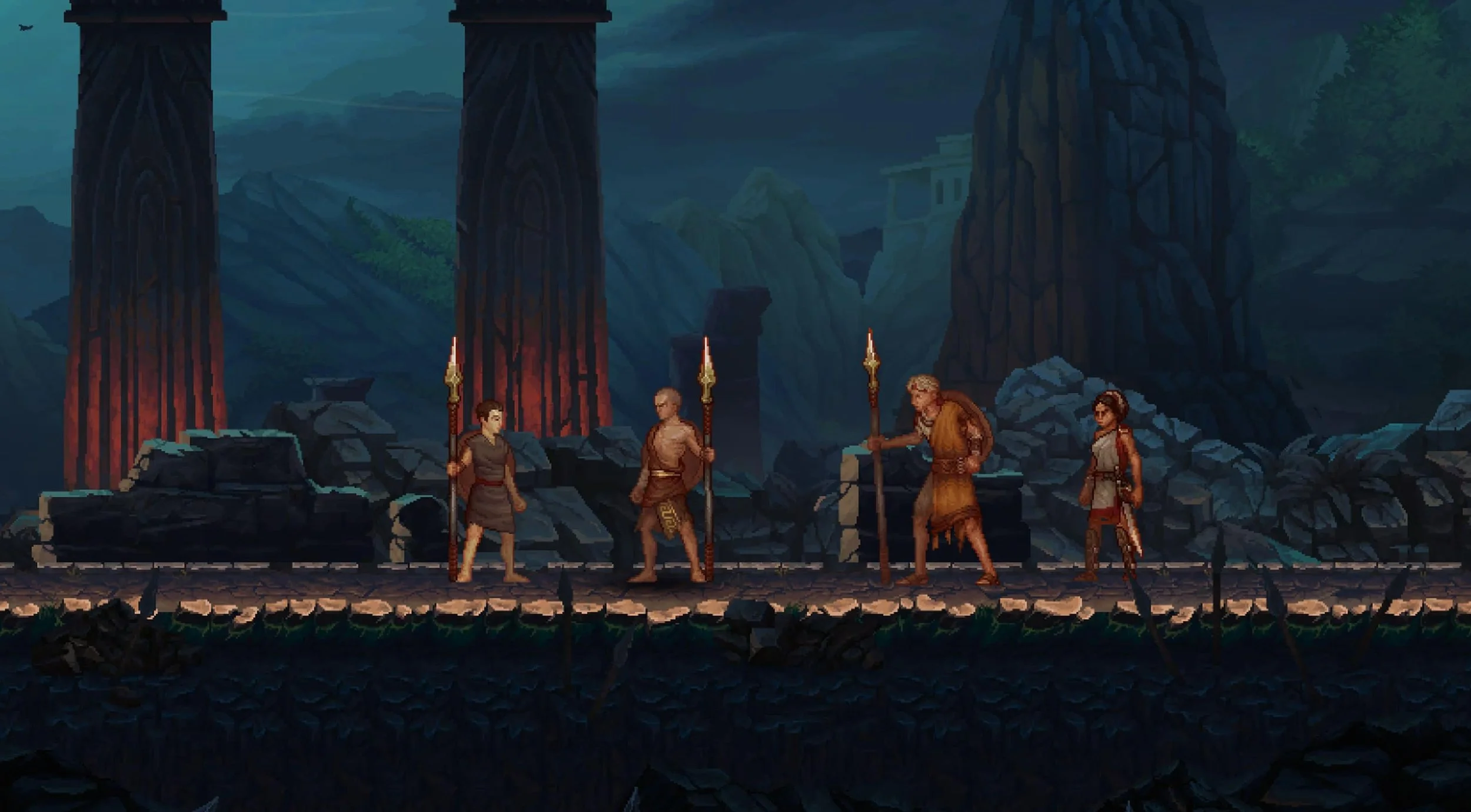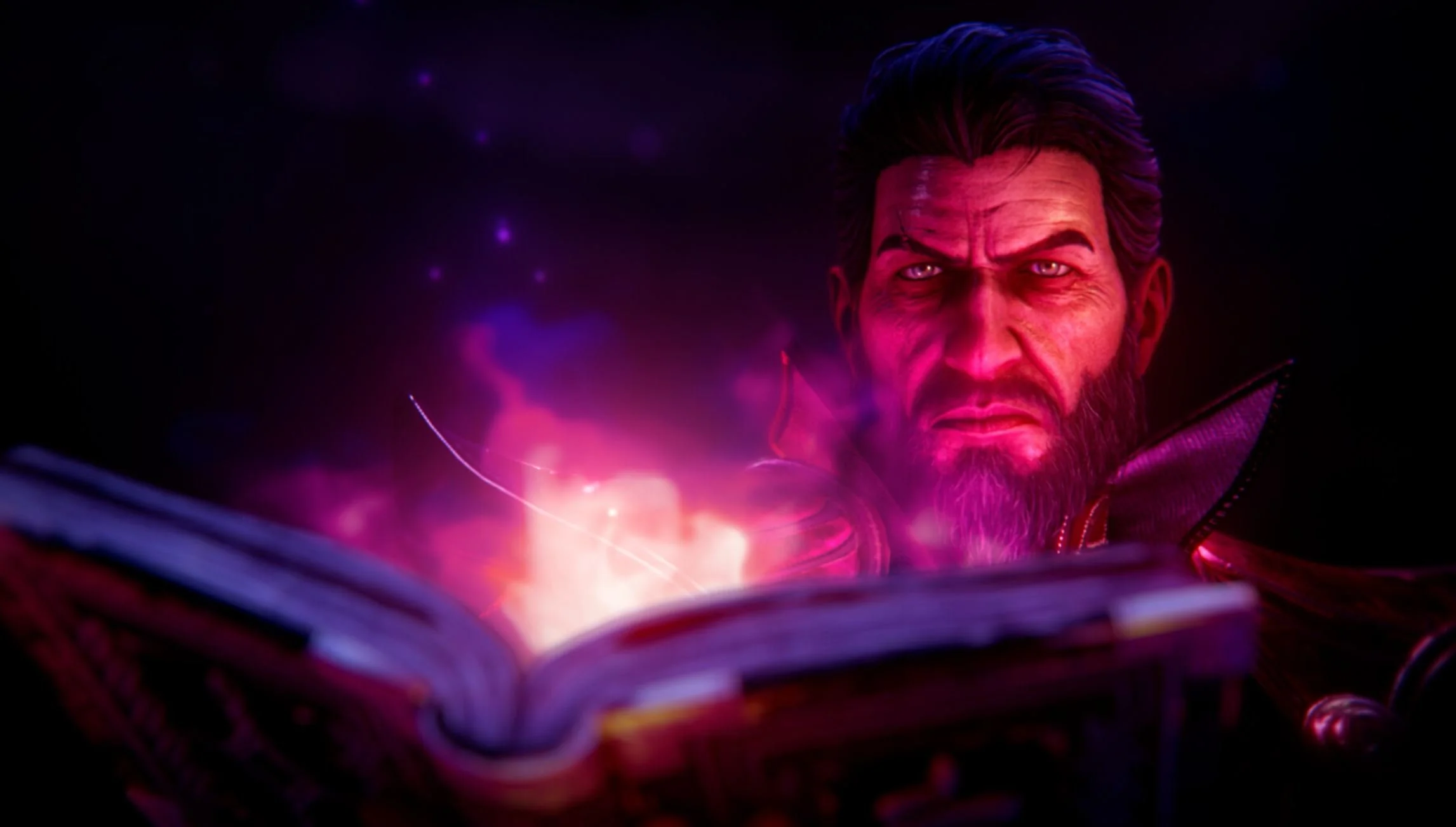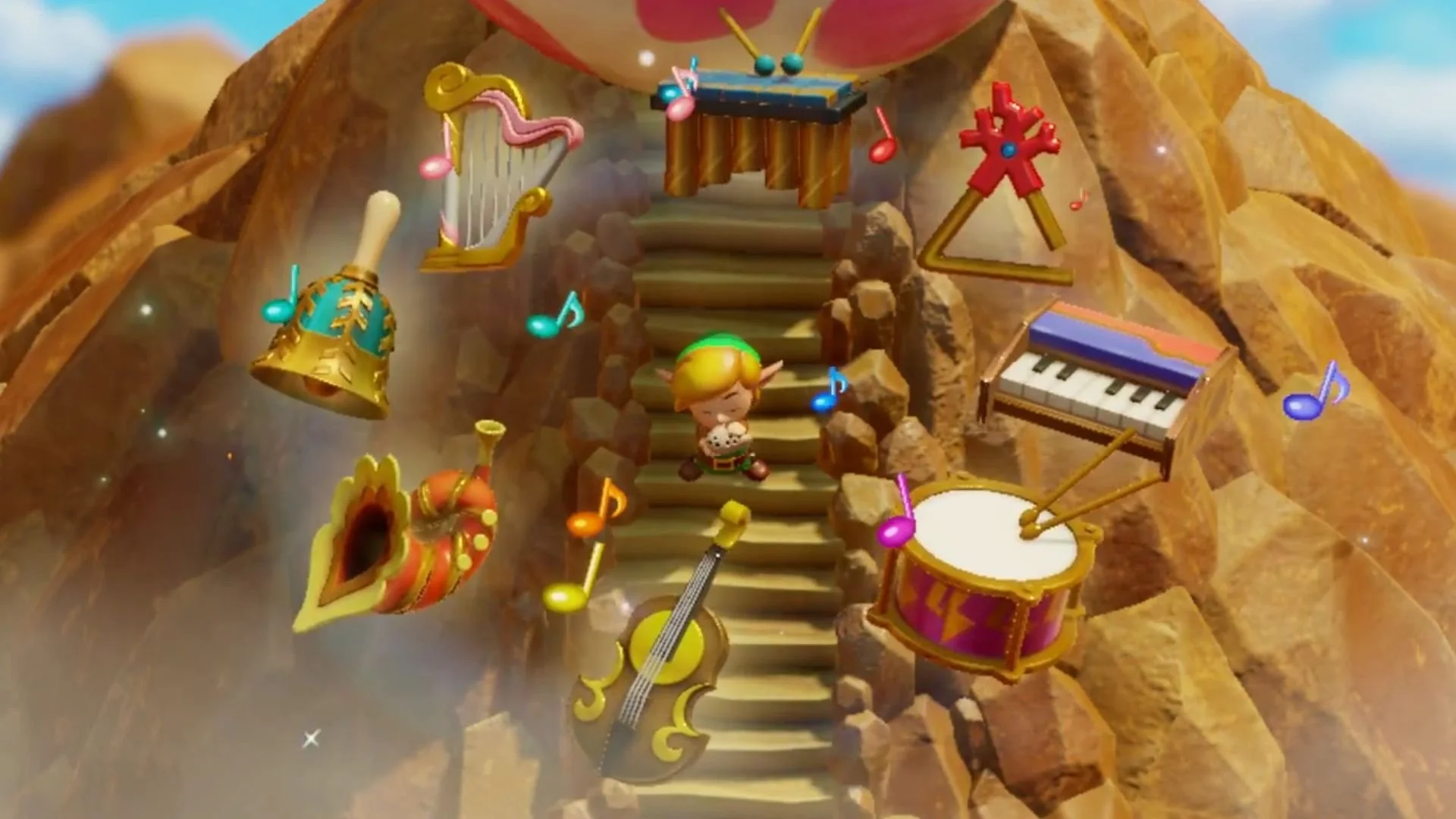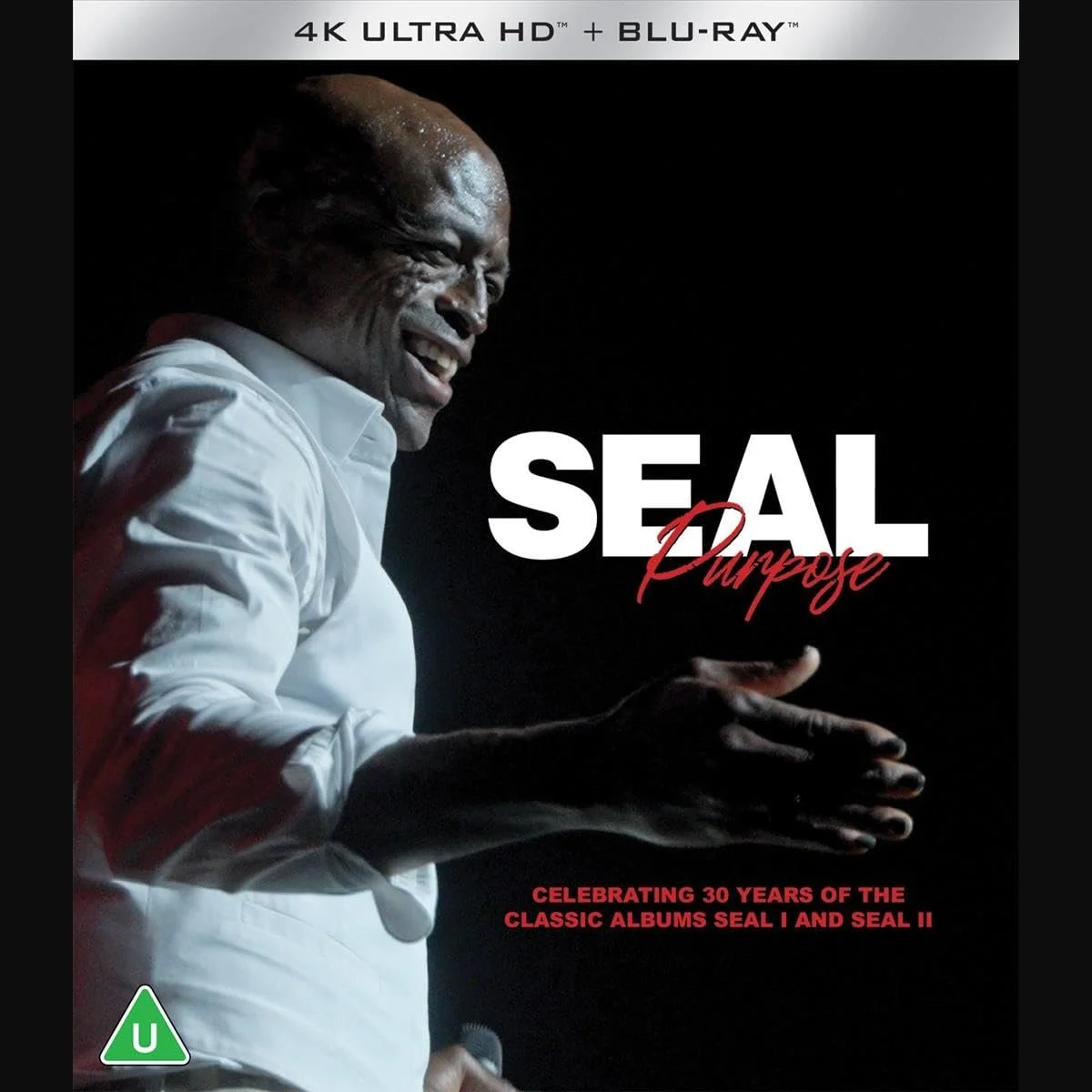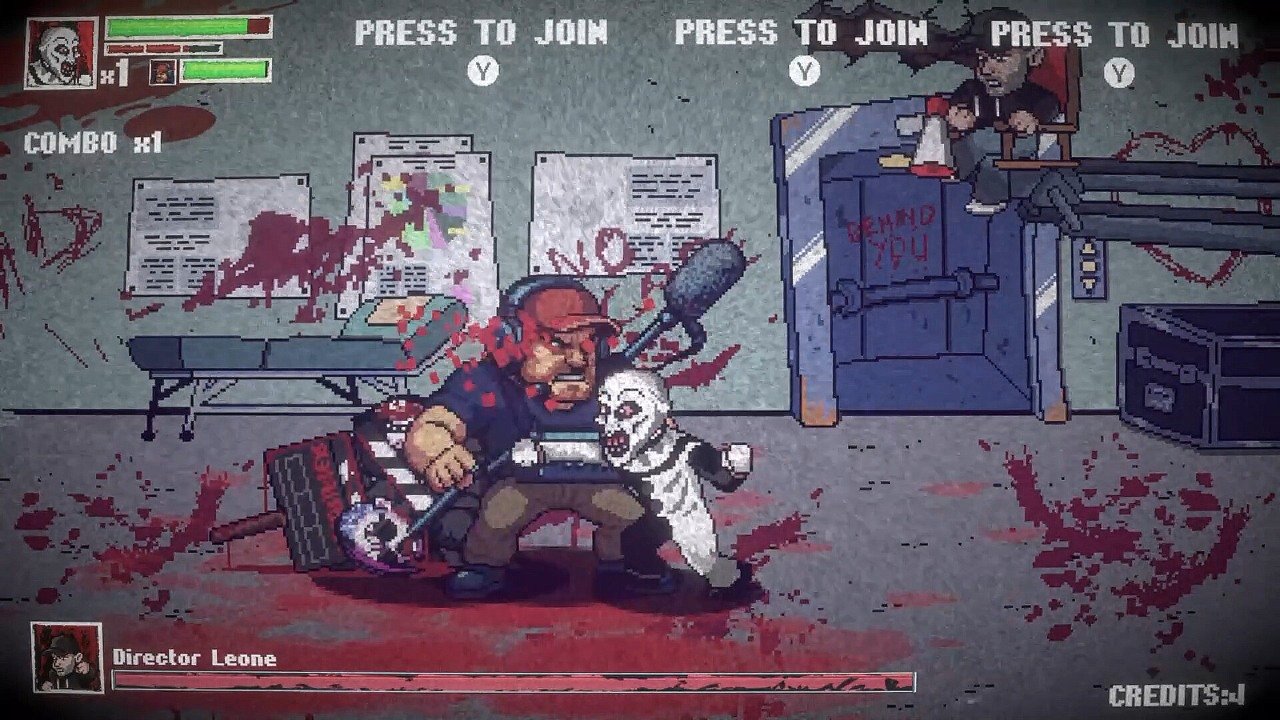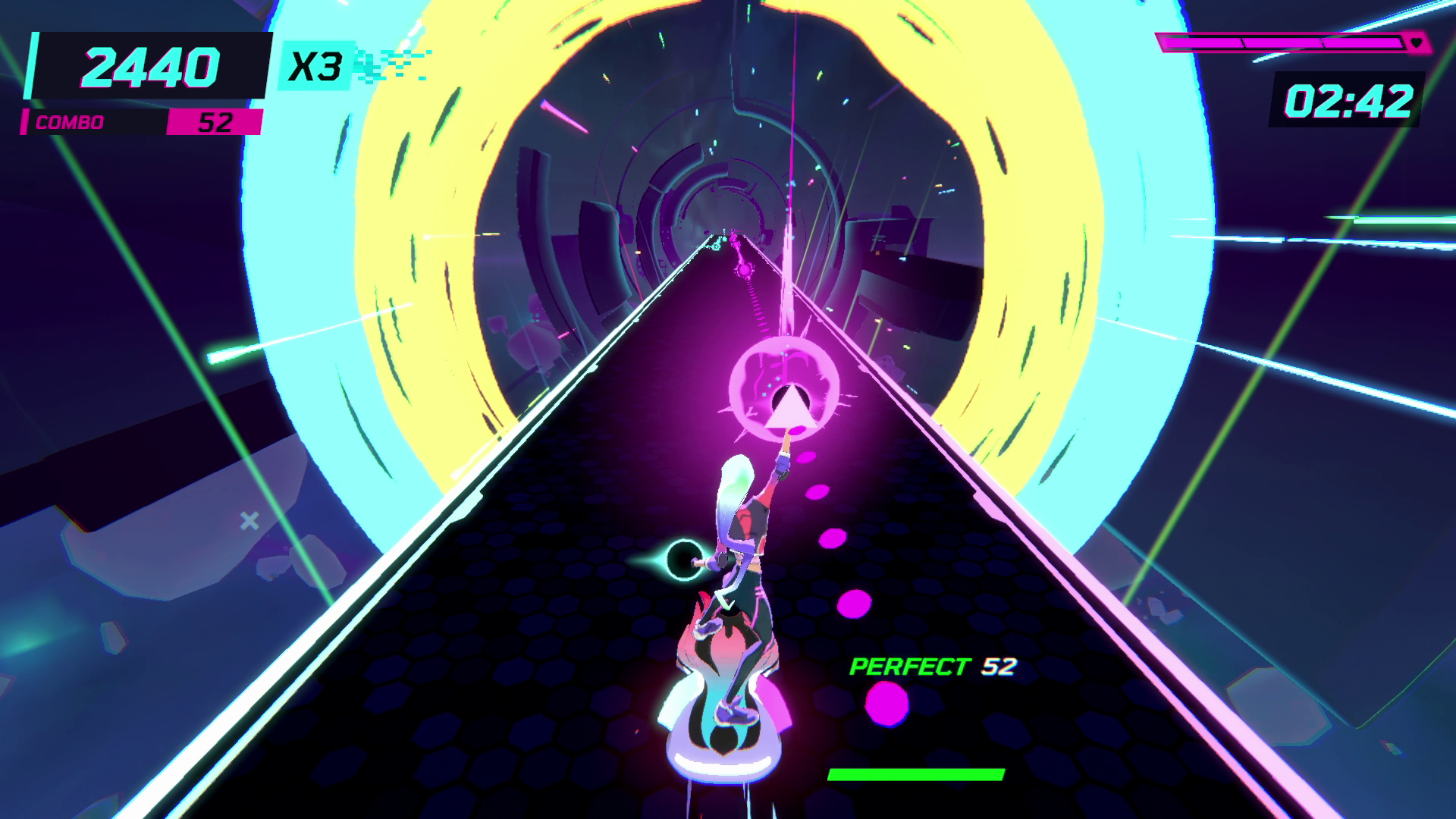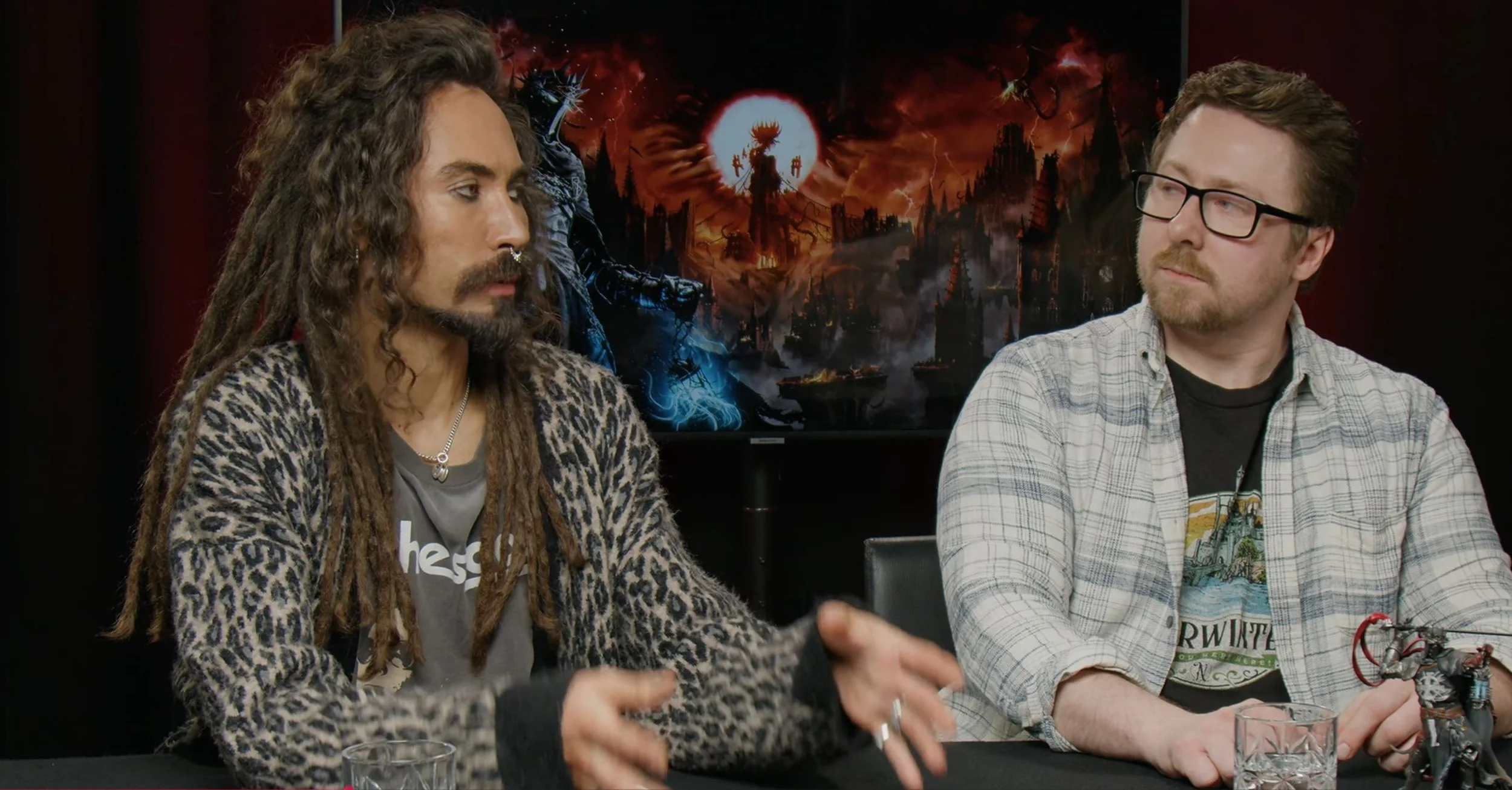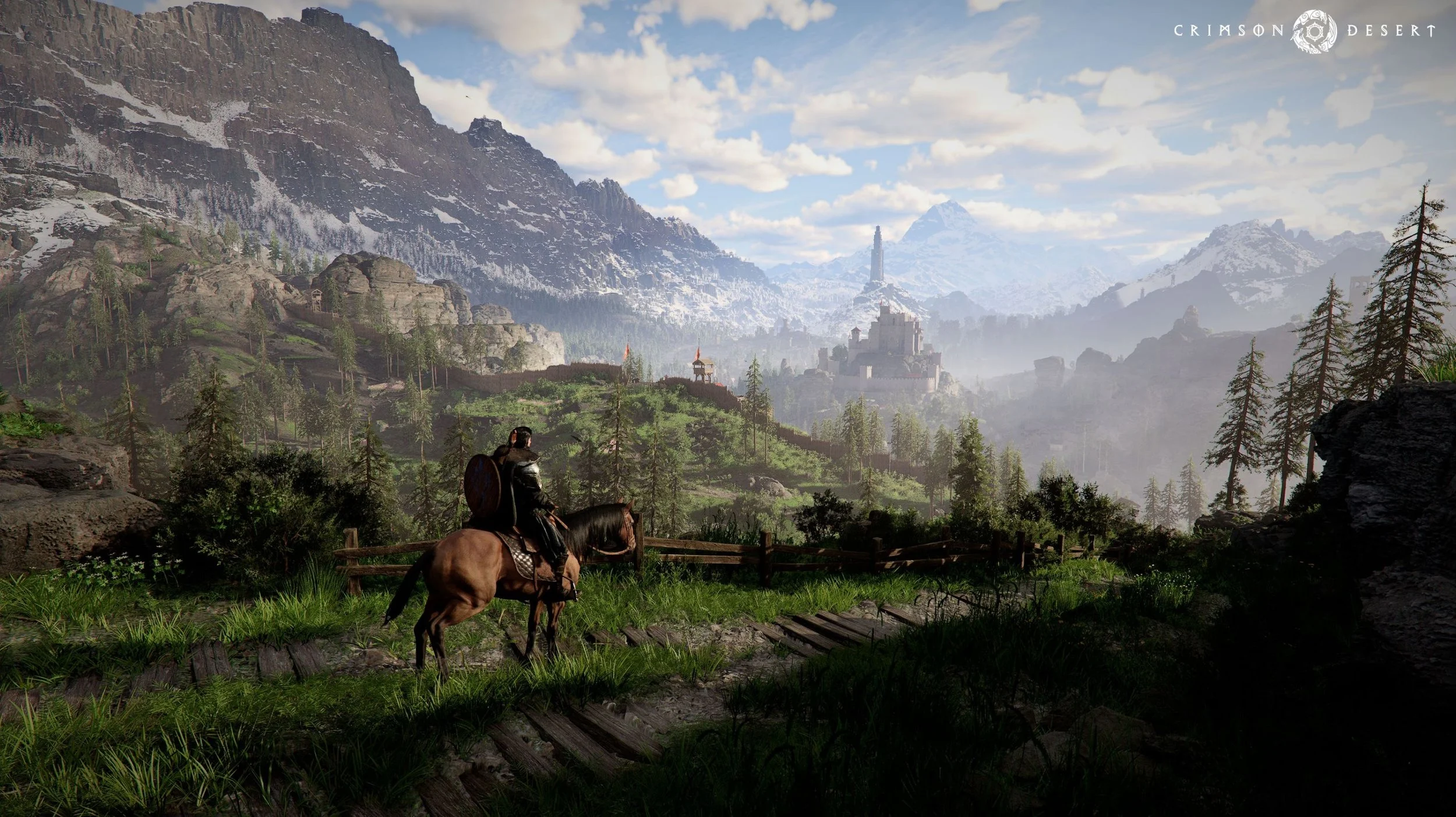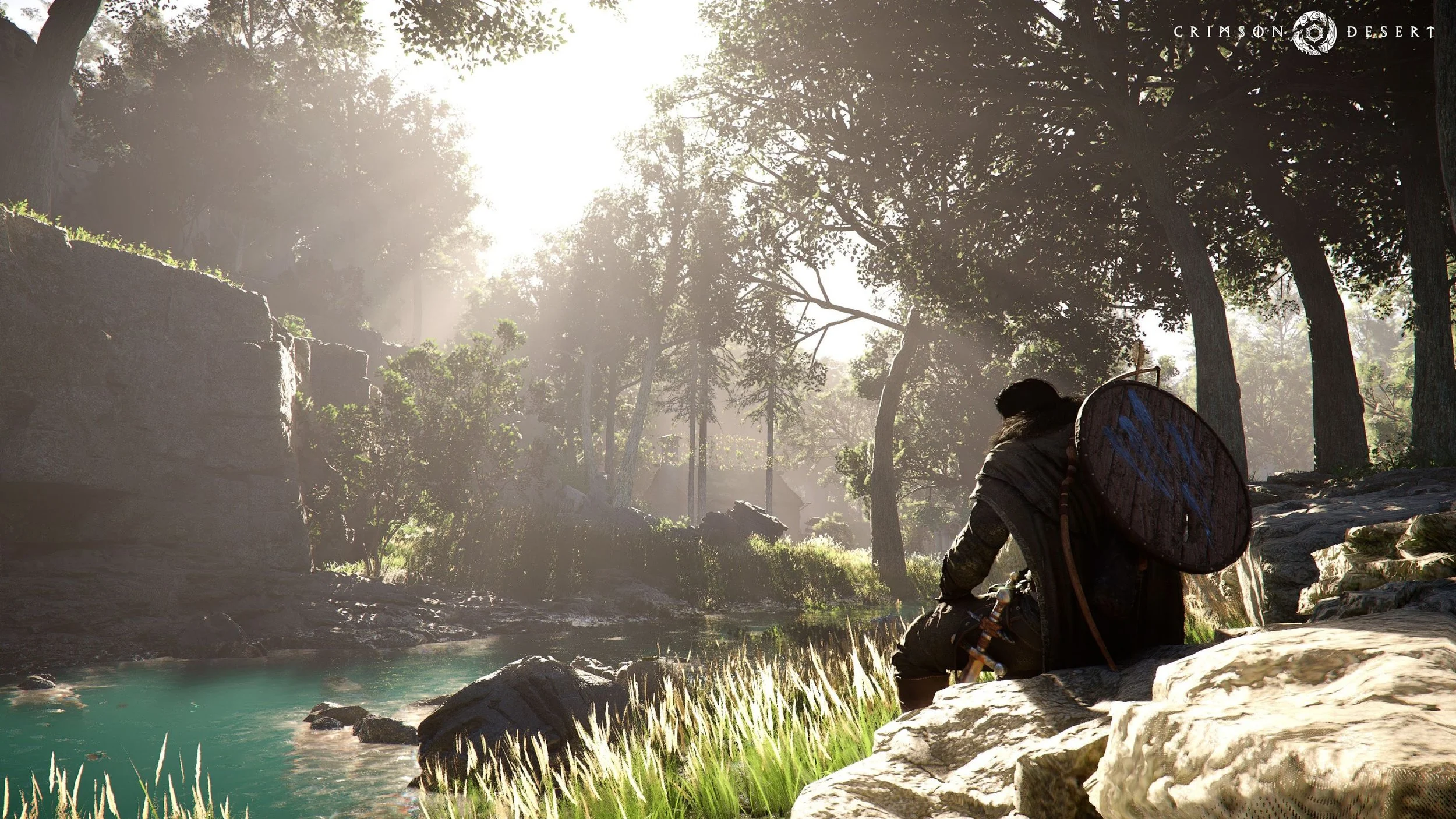It’s been a few days since Blizzard Entertainment’s Diablo IV Beta ended and it’s given me some time to think about the ins and outs of Diablo IV’s story, themes, and tone, as well as how they compare to past entries in the storied Diablo series.
To start, it’s blatantly obvious that Diablo IV is taking the story, themes, and tone into a much darker direction than Diablo III. The immersive grimdark tone of Diablo IV is readily apparent to anyone who played or watched the beta, even if they hadn’t listened to the interviews with the developers talking about how they were bringing Diablo IV back to the darker roots of Diablo and Diablo II.
The returning grimdark tone of Diablo IV proclaims itself loud and clear from all the preview and in-game cinematic cutscenes that graced us leading up to the betas release, and if they weren't enough for you, Diablo IV cements the world as deeply grimdark in the first in-game non-cinematic cutscene within the slaughterhouse of the cannibalistic cult. While gore, blood, and horror were present in Diablo III, the previous installment went a more friendly almost cartoonish grimdark route with its graphics and environment. The almost absurd levels of gore, organs, and dismembered corpses in that first slaughterhouse scene clearly state that the darkly comic cartoonish tone from Diablo III is gone and that Diablo IV takes its grimdark gothic edgeloarding seriously.
Joking aside, the new return to the original darker tone, graphics, and feel of the first two Diablos has been a welcome occurrence to many OG Diablo fans out there who were disappointed with Diablo III’s slight divergence to a more comic and lively tone, if still grimdark. Personally, as someone who started with Diablo III, I would like to say I can appreciate both types of tone and storytelling, but so far Diablo III’s comic tone and graphics are more enjoyable to me. I still loved my time with Diablo IV, but while traveling through the overworld was gorgeous and breathtaking, I just didn’t feel that energy or childish glee I had with Diablo III. There was just something about the beautiful, sometimes gruesome, and admittedly amazingly detailed graphics of the world that just felt empty or bland at times despite how impressive they were.
Diablo III Screenshot For Comparison
SPOILER WARNING
Now let's talk actually story contents and comparisons. SPOILER WARNING if you haven’t played a Diablo game or tried out the beta yet. So, Diablo IV’s story so far takes us to an entirely different part of Sanctuary than any of the previous games. That means no Deckard Cain, or any of his extended family and acquaintances. In this new part of Sanctuary we the player are a random traveler in the frozen tundra who gets ganked by a bunch of cannibalistic cultists of Lilith and fed some of her blood before we escape being sacrificed. We then find out Lilith was a Demon who made Sanctuary together with her secret Angel lover/pawn Anarius to escape the constant warfare between Heaven and Hell. Then humanity popped up and Sanctuary became another warground for faith. Lilith having been just released from ‘jail’ is out and about causing chaos and we set out to stop her because devils and anything from Hell are bad right? Maybe.
As of the end of Diablo IV’s Beta I was getting the feeling that the story was leaning more into the ‘there is no good side or bad side’, anyone can be an asshole - angel, devil, or human - and it's our actions, not our origin, that defines not only if we are something as simple as good or evil, but who we are as a sentient being. As of the end of the beta, Anarius is a prick who killed his half-devil-half-angel kid al la Binding of Issac but without the order to do so, simply because he wants to move back home. The dude just straight up thought it may get him back in heaven without anyone saying it might, and if an Angel thinking that doesn’t tell you something about Heaven and Angels in the world of Diablo I don't know what will.
After that, the super-religious humans evoke feelings of the witchhunts or the Spanish Inquisition (NOBODY EXPECTS IT!), and Lilith feels like she actually cares about humanity; even if that care leads to ‘freeing humanity's inhibitions’ and throwing out those silly rules about murder, cannibalism, etc. By the end of the beta, all parties aren’t really the good guys, and your character is left with the least bad decision which is at the time the angels and templars. However, the Horodrim may prove to be the truly good side to choose in the end, cause as it stands both the angels and devils look like they want a war of mutually assured destruction of themselves and possibly Sanctuary.
Now when we compare Diablo IV’s story to Diablo III there are actually a fair amount of similarities in the narrative, if not in tone. As stated previously both games are grimdark but Diablo III has an everpresent comic overtone, if a dark one. In Diablo III we also discover the angels are largely assholes who care more about defeating hell’s forces than making sure humans don’t die terribly. Tyrael is one of the only ‘good’ angels who wants to help humanity and because of that he is cast out of heaven, his literal fall to Sanctuary starting the game's central plot. So throughout the course of Diablo III we never see any of Hell’s forces as any sort of sympathetic villain as we have in Diablo IV, but, Diablo III does lay the groundwork for the stereotypical ‘good guy’ angels not necessarily being the expected side of light and holiness that one might assume.
So, in the end after Diablo IV’s beta, when it comes to the game’s story there are still a lot of questions hanging in the air. Is Lilith’s son a throwaway character, or will him being the first necromance have meaning for the story? Who are the good guys in Diablo IV or do they even exist? Are the angels good guys or just the least bad option? How will the Horodrim figure into the story? And lastly, how much more awesome body horror and gore can we expect?
